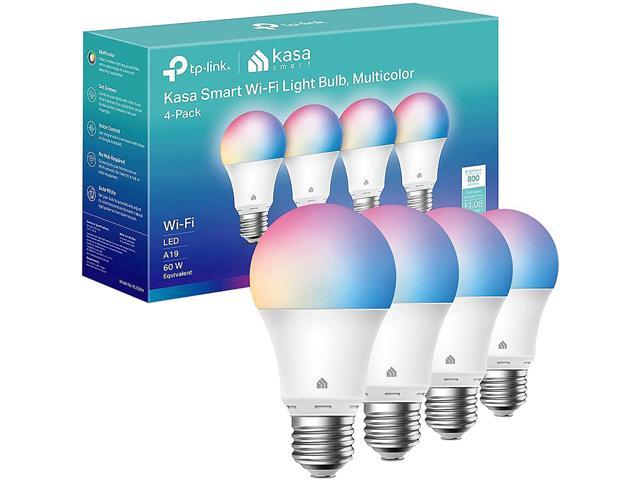Over the past three decades, luminescence spectroscopy has transcended its origins as a curiosity in the physical laboratory to become a widely used and respected staple of the analytical chemist’’s instrumentation arsenal. Fluorescence, chemiluminescence, and phosphorescence spectroscopies are now routinely applied to such real analytical problems as the quantitaion, qualitative identification, and structural characterization of organic and inorganic compounds and even of cellular structures. And the list of recent advances in analytical applications of luminescence spectroscopy keeps growing. The earlier volumes of Molecular Luminescence Spectroscopy provided professional chemists with a detailed, exhaustive, and up-to-date look at the applications of fluorescence, phosphorescence, and chemiluminescence spectra to the analysis of organic and inorganic compounds. Presenting topics never available in any analytical text, such as excited state optical activity and bioinorganic luminescence spectroscopy, the volumes represented a significant advance in the chemical literature. Part 3 continues the book’’s always current and practical examination of the field’s newest innovative turns. In a clear, systematic format, Part 3 discusses such widespread or ascendant laboratory techniques as:
- photochemically generated fluorophores
- fluorescent probes
- luminescence from bile salt aggregates
- hole-burning spectroscopy
- laser-excited microspectro-fluorometry
- near-infrared luminescence spectroscopy















